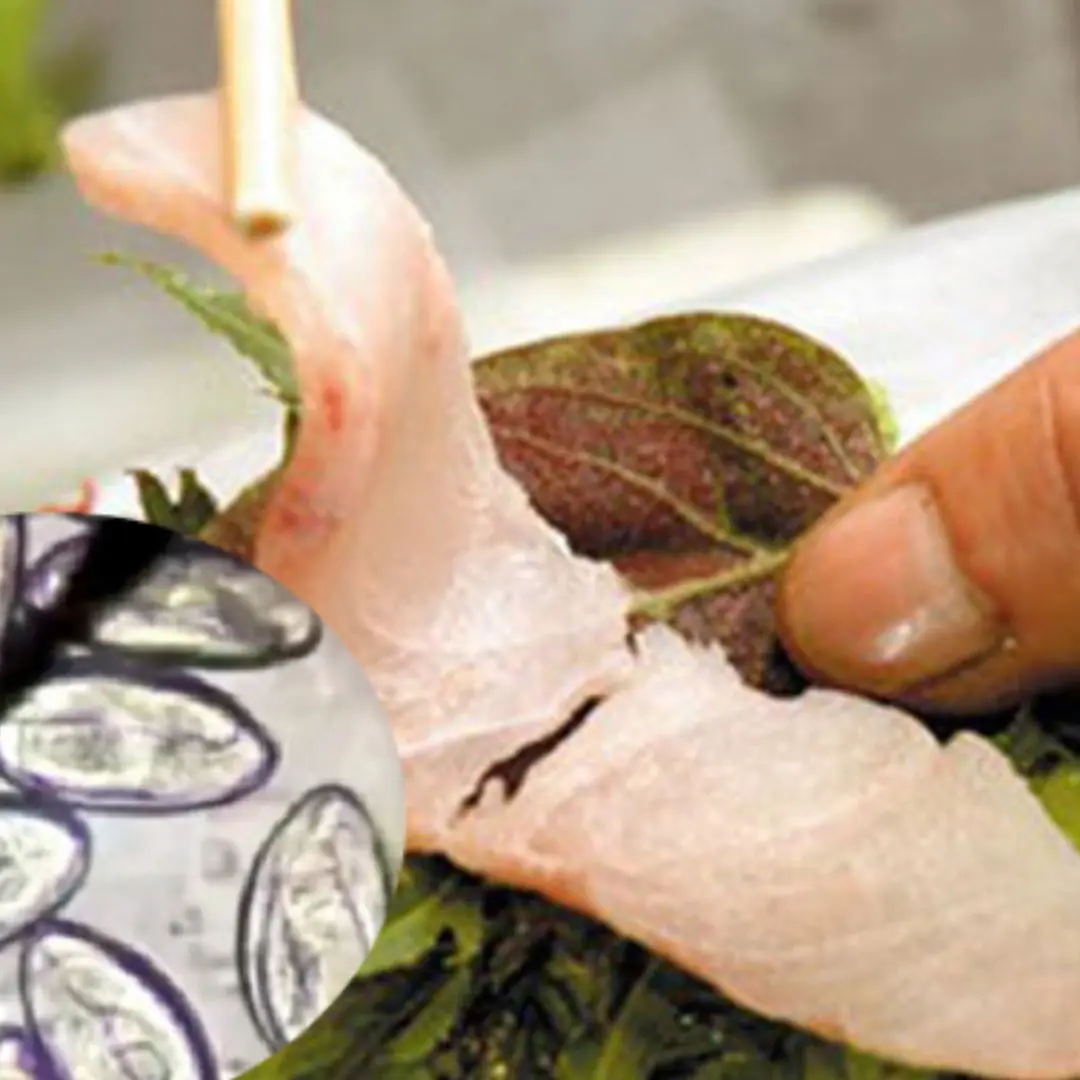
6 of the Best Anti-Cancer Foods. It’s Time to Start Adding them to Your Diet
According to the American Cancer Society, the average adult in the United States has about a forty percent chance of developing cancer during their lifetime [1]. Because it is such a prevalent disease, doctors and scientists are constantly searching for treatments and cures. When it comes to cancer research, one of the main focuses is prevention. While most experts agree that there is nothing you can do to guarantee that you will not develop cancer, there are many lifestyle factors that can help decrease your risk significantly.
One of these is diet. Eating certain anti-cancer foods, while not likely to actively fight cancer, can help prevent it. “Research tells us that making healthy food choices consistently over time can reduce your risk of getting cancer, but you can’t say with absolute certainty that food can prevent cancer,” says wellness dietitian Lindsey Wohlford. “There are no guarantees.” [2]
The dietary habits that affect cancer risk can be attributed to having too much of some things, and too little of others.

Too much red & processed meats, alcohol, refined carbohydrates, fried foods, and sugars, can increase your cancer risk. So too can too little exercise and too few phytochemical-rich foods [3]. You may have heard the term “anti-cancer foods” before. To be clear, there are no foods that can actually fight against cancer, however, there are some foods that, when consumed regularly, provide your body with certain nutrients that it needs in order to effectively prevent cancer from developing.
“Anti cancer foods” are usually plant foods that contain phytochemicals (mentioned above). Also referred to as phytonutrients, these chemicals are compounds found in plants that can help prevent a number of chronic diseases, including cancer [2]. In order to decrease your risk of developing cancer, doctors, dietitians, nutritionists, and other health care practitioners recommend that you eat a variety of phytochemical-rich fruits and vegetables on a regular basis.
Read More: Woman Was Diagnosed With Colon Cancer at 32. Here Were Her First Symptoms
8 Anti Cancer Foods to Help Lower Cancer Risk

Wohlford says that the best way to get the most protection from cancer is to eat a variety of fruits and vegetables, and the easiest way to do this is to “eat the rainbow”- that is, choose a wide variety of colors when you’re at the grocery store. “Keep in mind that there are more than 4,000 phytochemicals that have been discovered and researched,” she says. “There’s not any one super-food that contains all of them. They all offer different functions and benefits.” [2] The following foods are known as cancer-fighting powerhouses. This is by no means an exhaustive list, but including them in your diet is a good start to lowering your cancer risk.
1. Cruciferous Vegetables

Cruciferous vegetables include arugula, bok choy, broccoli, Brussels sprouts, cabbage, cauliflower, kale, and turnips, among many others. They are rich in a number of important nutrients, including carotenoids (beta-carotene, lutein, and zeaxanthin), vitamins C, E, and K, folate, and minerals [4].
These hearty vegetables are also an excellent source of glucosinolates, indoles, and isothiocyanates, which are the sulfur-containing chemicals that give cruciferous vegetables their pungent aroma. These compounds have been associated with a lower risk of lung and colorectal cancer [5]. Research has indicated that eating cruciferous vegetables can lower your risk of developing several types of cancers, including prostate, colorectal, lung, and breast cancer [4].
2. Turmeric

This popular, bright orange spice comes from the root of the turmeric plant and is related to the ginger family. There are over one hundred different compounds in turmeric, but the curcumin it contains is the active ingredient that provides most of its benefits [6]. There is some research to show that turmeric may play a role in the prevention of cancer, possibly because it lowers inflammation levels throughout the body.
Inflammation underlies most chronic diseases, including cancer, so decreasing inflammation in your body can help to prevent it. Other studies suggest that including curcumin in chemotherapy treatment may make it more effective [7] and that it may protect healthy cells from damage due to radiation treatment [8].
3. Mushrooms

A study of over 36 thousand Japanese men over several decades has suggested that eating mushrooms can lower the risk of developing prostate cancer, especially for men over the age of 50 [9]. Mushrooms are a good source of vitamins, minerals, and antioxidants, in particular L-ergothioneine, which is believed to mitigate oxidative stress. Oxidative stress is caused by poor diet and lifestyle choices, as well as environmental toxins, that can lead to chronic inflammation and disease [9].
Another study also found that consuming mushrooms had a preventative effect on breast cancer in women [10]. Medicinal mushrooms, which usually refer to more exotic, specialty mushrooms, have also shown promise in preventing cancer, again because of their glutathione, ergothioneine, and polysaccharide content [11].
Examples of these kinds of mushrooms include reishi, turkey tail, shiitake, and maitake varieties. Studies have found that these fungi affect your body’s antitumor mechanisms, by stimulating certain immune cells [12]. Turkey Tail is particularly notable and contains a unique polysaccharide known as PK (polysaccharide K), a known cancer adjunct therapy for the immune system [21].
Read More: The Best Foods to Include In Your Diet to Help Reduce Skin Cancer Risk
4. Allium Vegetables

Allium vegetables include onions, shallots, leeks, and garlic. While studies of these vegetables’ effect on cancer have been observational, scientists around the world have consistently found a link between eating garlic and onions and preventing cancers of the gut, like colon cancer [13]. In fact, a 2019 study of over 1600 Chinese men and women found that those who ate more garlic and onions had a 79 percent lower chance of developing colorectal cancer [14].
5. Wakame

There have been some animal and lab studies to suggest that eating wakame, an edible type of seaweed, can suppress the growth of breast cancer, colon cancer, and kidney cancer cells [15,16]. The success of these studies has not yet been replicated in humans, so more research is necessary to determine the exact role that wakame plays in cancer prevention.
Wakame is also an excellent source of iodine, an essential mineral. When it comes to iodine and disease prevention, studies have shown that either too much or too little can have an effect when it comes to reducing your risk of thyroid cancer [22]. So in this case your goal should be to obtain adequate iodine from your diet. Wakame on average contains around 42mcg [23] of iodine per serving, which is about 28% of your daily intake [24].
6. Lycopene-Rich Foods

There is a growing body of research to suggest that consuming foods rich in lycopene can lower your risk for certain types of cancer, particularly prostate cancer [17]. Lycopenes are a type of antioxidant in the carotenoid family that gives tomatoes, watermelons, and grapefruits their red and pink colors. As a whole, carotenoids have been associated with a lower risk of lung and colorectal cancer [18]. Tomatoes*, guava, watermelon, papaya, grapefruit, and cooked red peppers are all good sources of lycopene.
*Note: Lycopene is actually more concentrated in processed tomato products like sauces, and pastes, and is not degraded by the cooking.
News in the same category

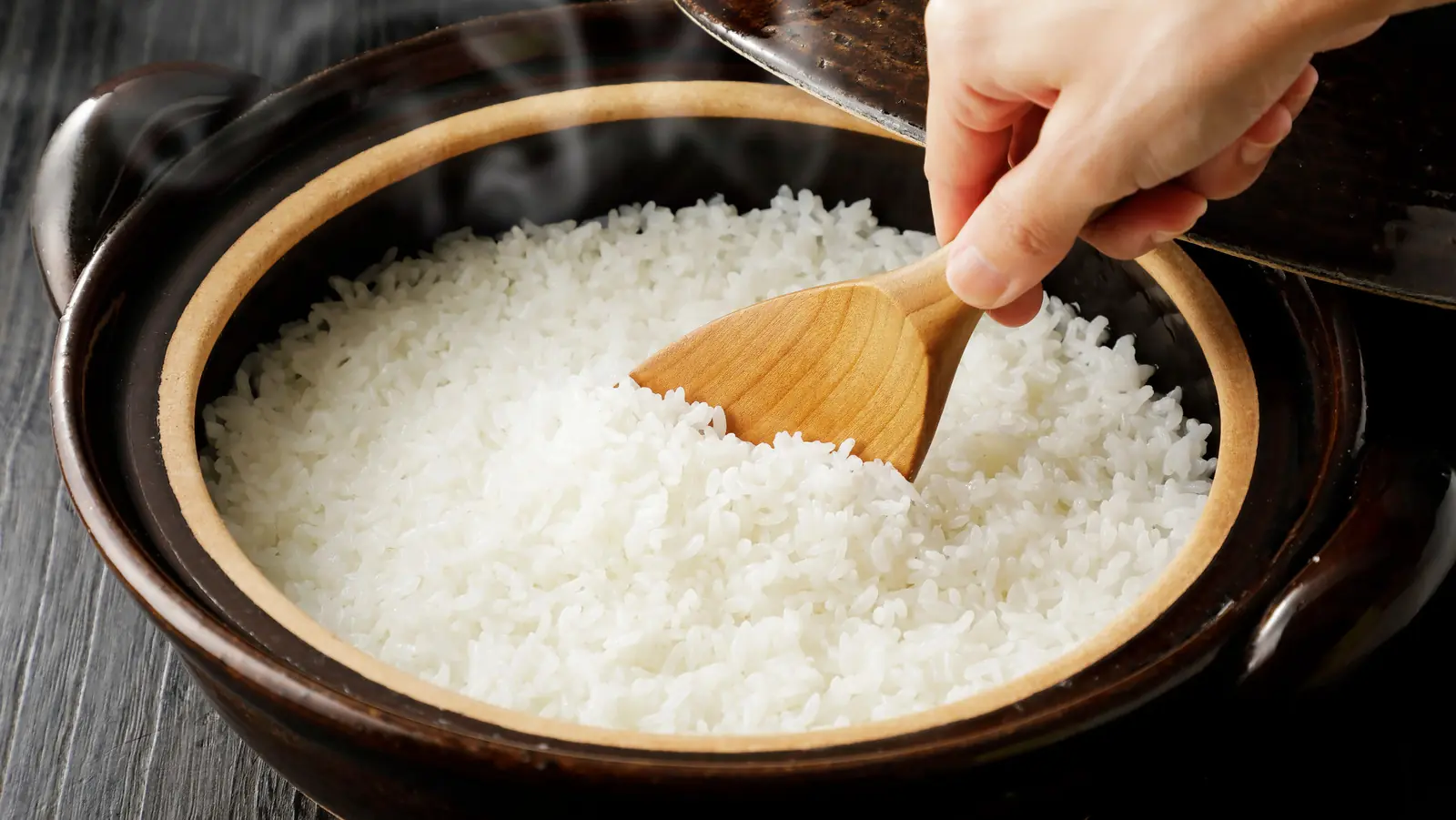
No one would dare reheat cold rice to eat if they knew this terrible truth

A cup of hot water can cure 6 common dis.eases, simple but few people pay attention
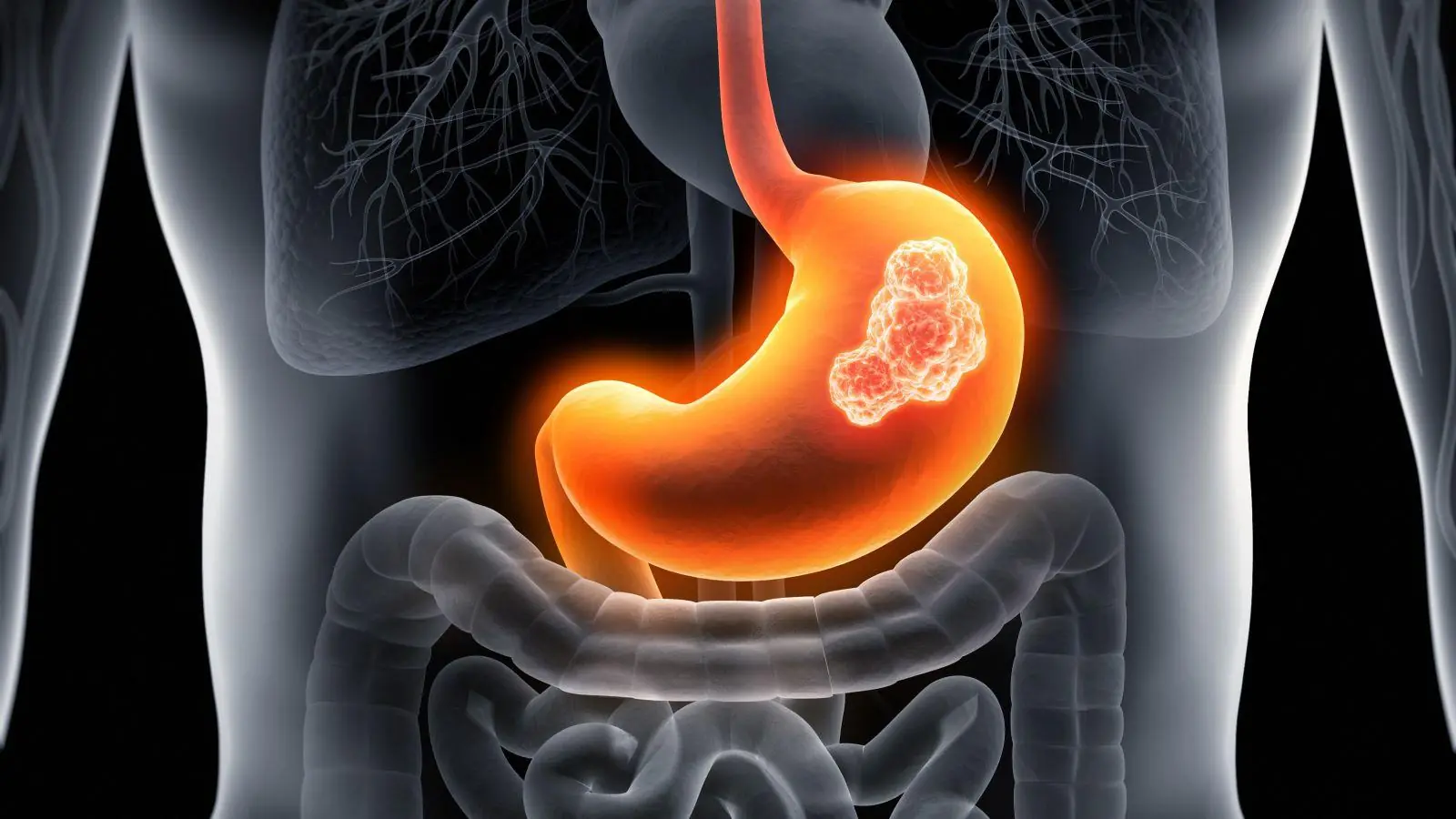
Most stomach can.cers are detected late: Doctors say there are 5 symptoms after meals so you should have an early endoscopy
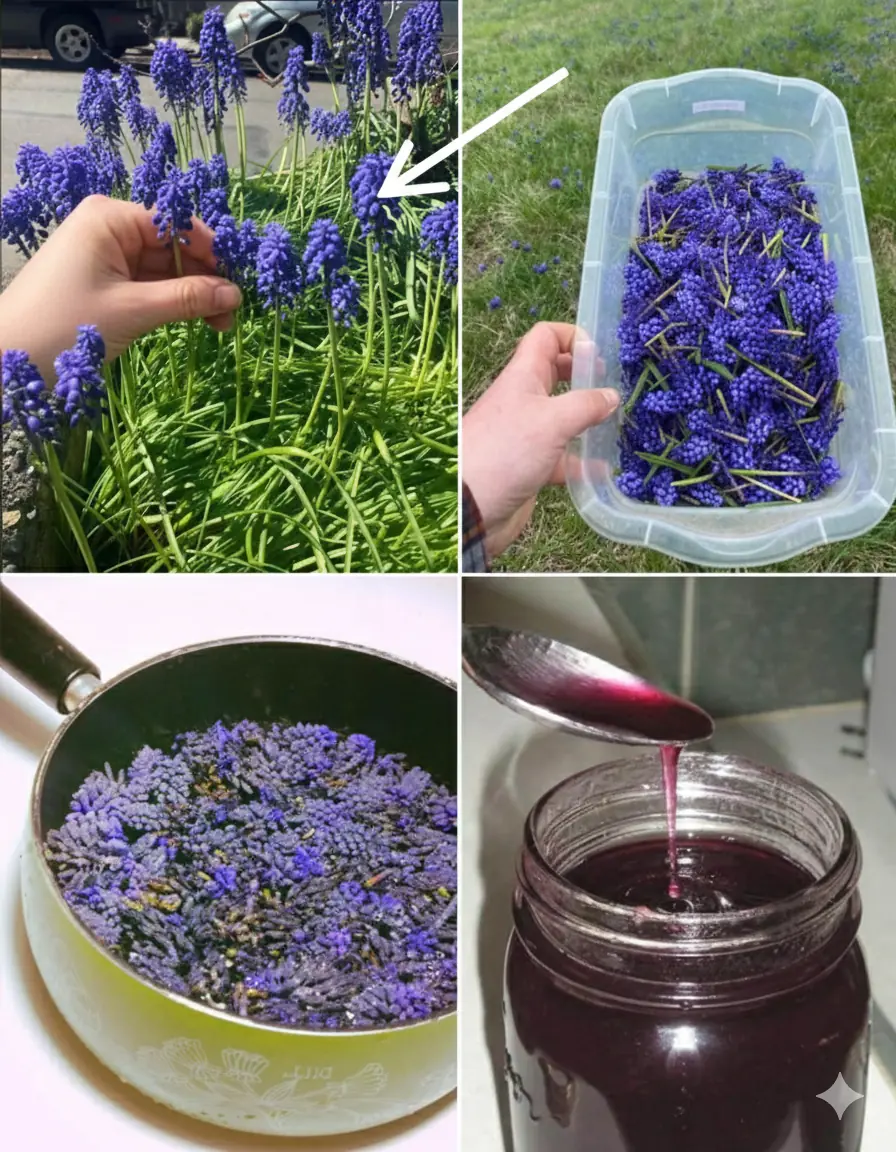
Grape Hyacinth (Muscari): A Tiny Spring Wonder with Surprising Benefits and Uses

Two itchy body parts may signal liver can.cer - Many people mistakenly think it is an allergy

If you wake up in the morning and see your body has these 2 characteristics, be careful, your liver is on the "brink" of failure: You should go see a doctor soon!

6 foods that silently drain calcium from the body, the more you eat, the weaker your bones become

Top Hospitals Issue Stark Warning: This Common Meat May Be “Feeding” Can.cer — Just 50 Grams a Day Raises De.ath Risk by 18%
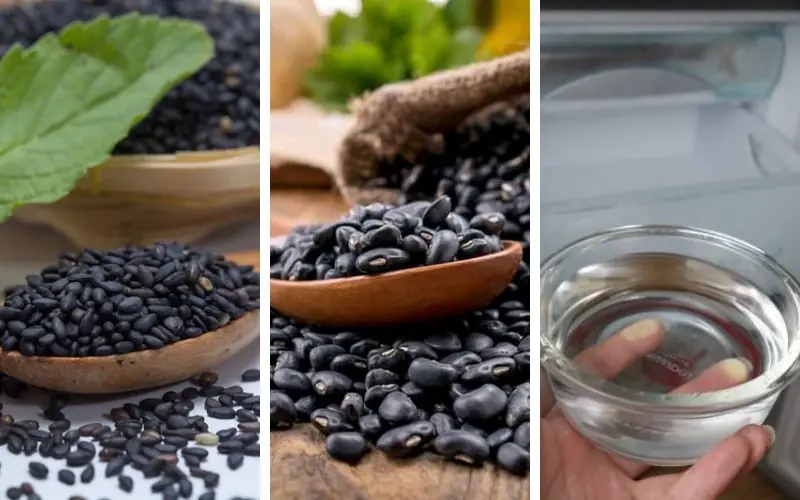
Black Beans and Black Sesame: The Ancient Pair That “Cleans by Day, Restores by Night” — Yet Most People Use It Wrong

The Real Causes of Constant Phlegm and Mucus in Throat — And How to Get Rid of It

3 Signs Your Parent May Be Nearing the End of Life — How to Prepare for What’s Ahead

Why you keep waking up with dry mouth—and what it may be telling you

If You Keep Waking Up at 3AM, The Universe Might Be Trying to Tell You Something

These sudden purple patches on my arms won’t stop appearing, and my doctor is booked until January. What’s happening?

The Hidden Meaning Behind Thumb Rings for Women vs. Men
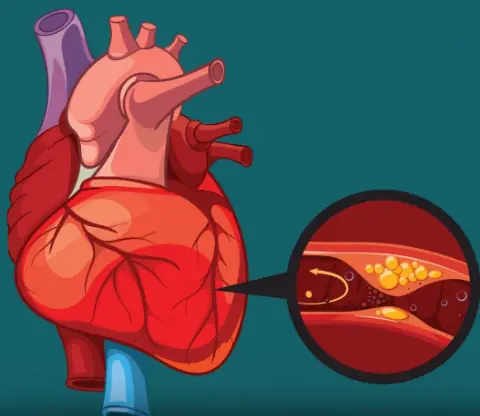
The Best Foods to Cleanse and Prevent Clogged Arteries

The Ultimate Guide to Cloves: Benefits, Uses, and How They Work
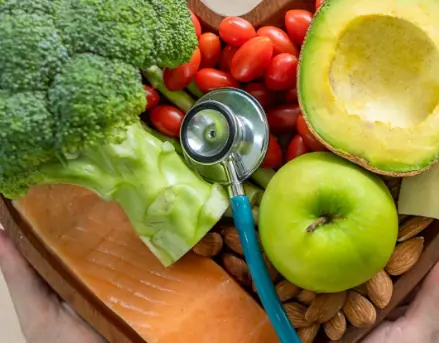
Top 10 Foods to Control Diabetes

90% of Cerebral Infarction Patients Did These 3 Things in the 3 Days Before a Stroke — Chances Are You’re Doing the Second One Right Now
News Post

The risk of liver fluke infection from eating habits that many people have

Snakes are af.raid of these 5 plants - Plant them around your house to repel snakes and protect your family

No one would dare reheat cold rice to eat if they knew this terrible truth
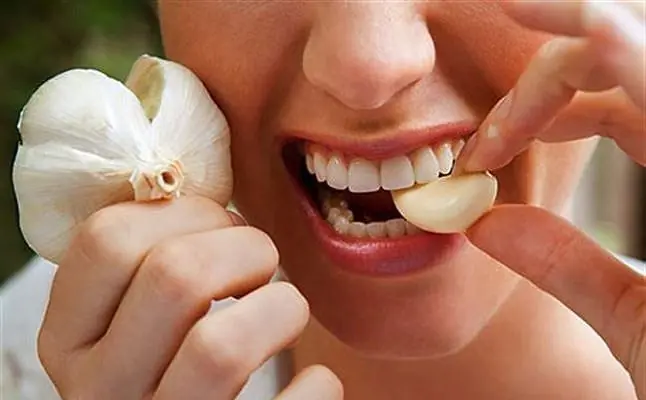
What Happens to Your Body If You Eat 1 Clove of Garlic Every Day?

A cup of hot water can cure 6 common dis.eases, simple but few people pay attention
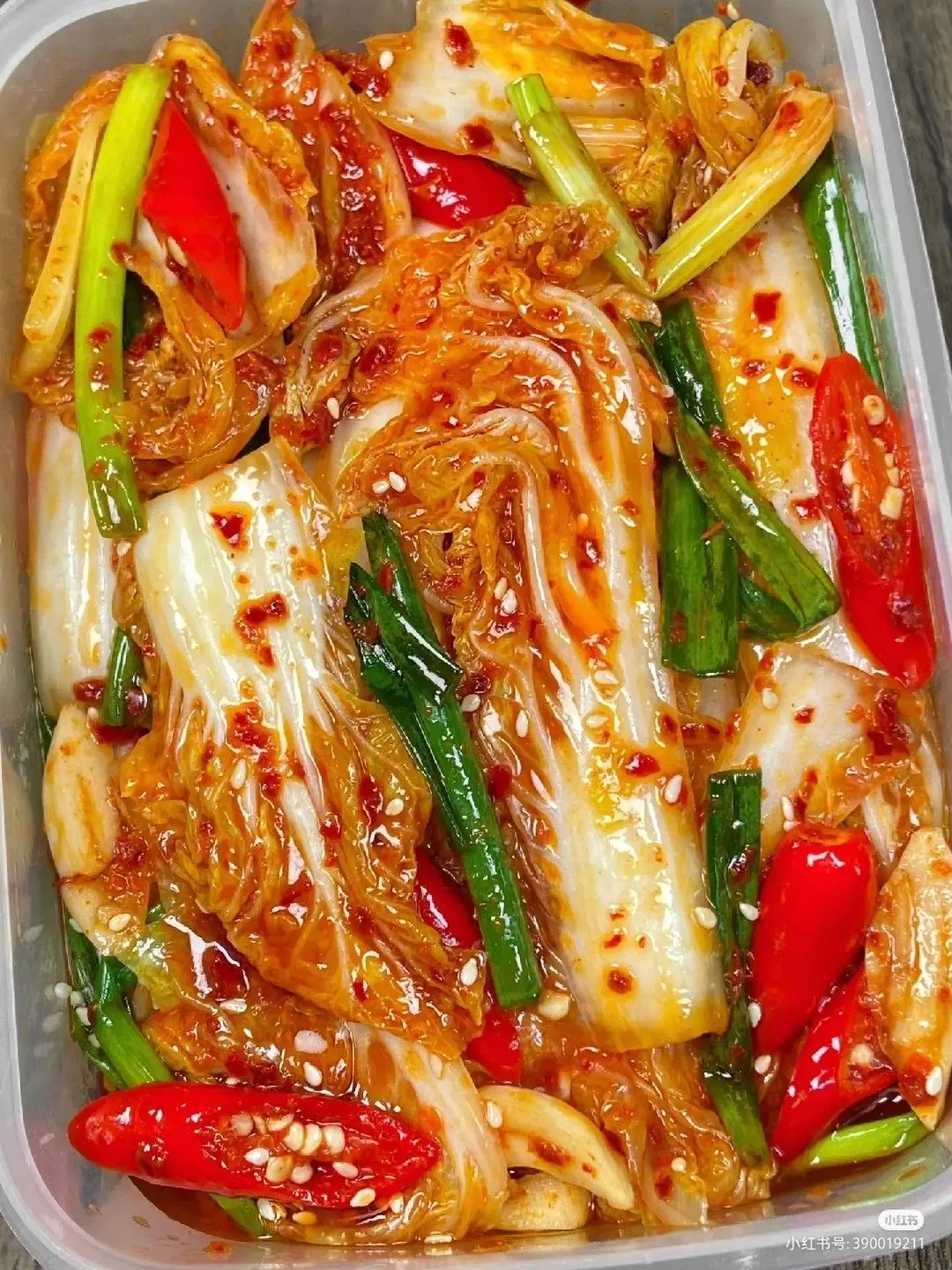
Fresh Spicy Napa Cabbage Kimchi (Quick Kimchi)

Most stomach can.cers are detected late: Doctors say there are 5 symptoms after meals so you should have an early endoscopy

Grape Hyacinth (Muscari): A Tiny Spring Wonder with Surprising Benefits and Uses

Two itchy body parts may signal liver can.cer - Many people mistakenly think it is an allergy

If you wake up in the morning and see your body has these 2 characteristics, be careful, your liver is on the "brink" of failure: You should go see a doctor soon!

6 foods that silently drain calcium from the body, the more you eat, the weaker your bones become
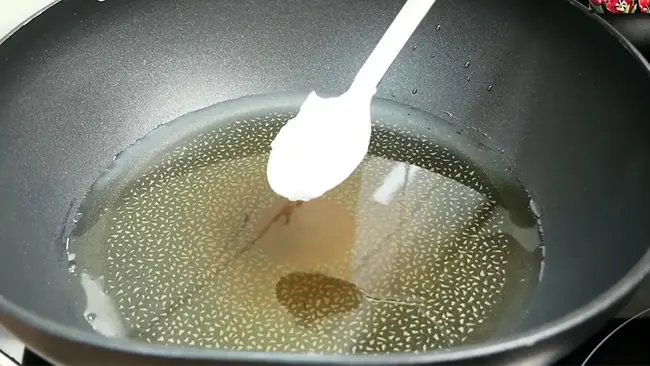
90% of women don’t know this trick: Add this one thing to the pan and you can fry “everything” without worrying about oil splattering!

Top Hospitals Issue Stark Warning: This Common Meat May Be “Feeding” Can.cer — Just 50 Grams a Day Raises De.ath Risk by 18%

Black Beans and Black Sesame: The Ancient Pair That “Cleans by Day, Restores by Night” — Yet Most People Use It Wrong
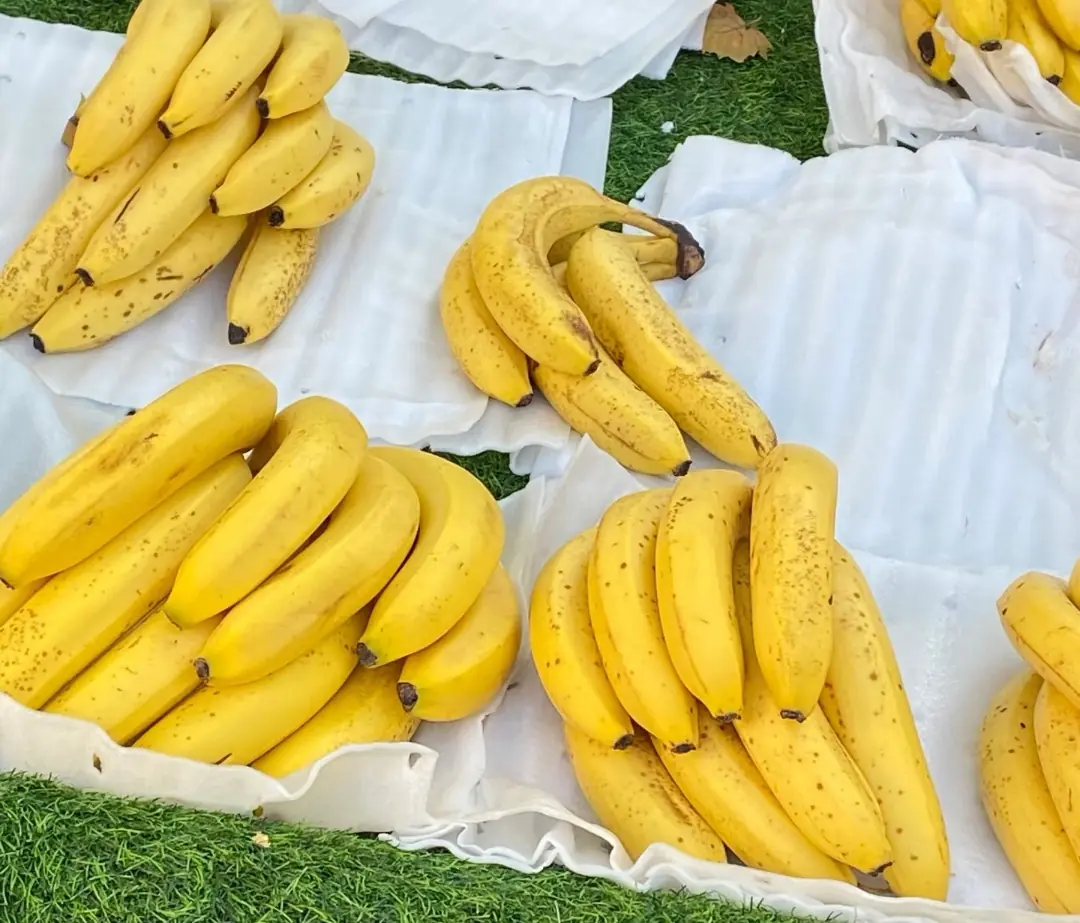
When Buying Bananas, Just Say These 3 Words — Sellers Will Think You’re an Expert and Won’t Dare to Cheat You

The Real Causes of Constant Phlegm and Mucus in Throat — And How to Get Rid of It

3 Signs Your Parent May Be Nearing the End of Life — How to Prepare for What’s Ahead

Why you keep waking up with dry mouth—and what it may be telling you

So this is what it does, here is the answer
